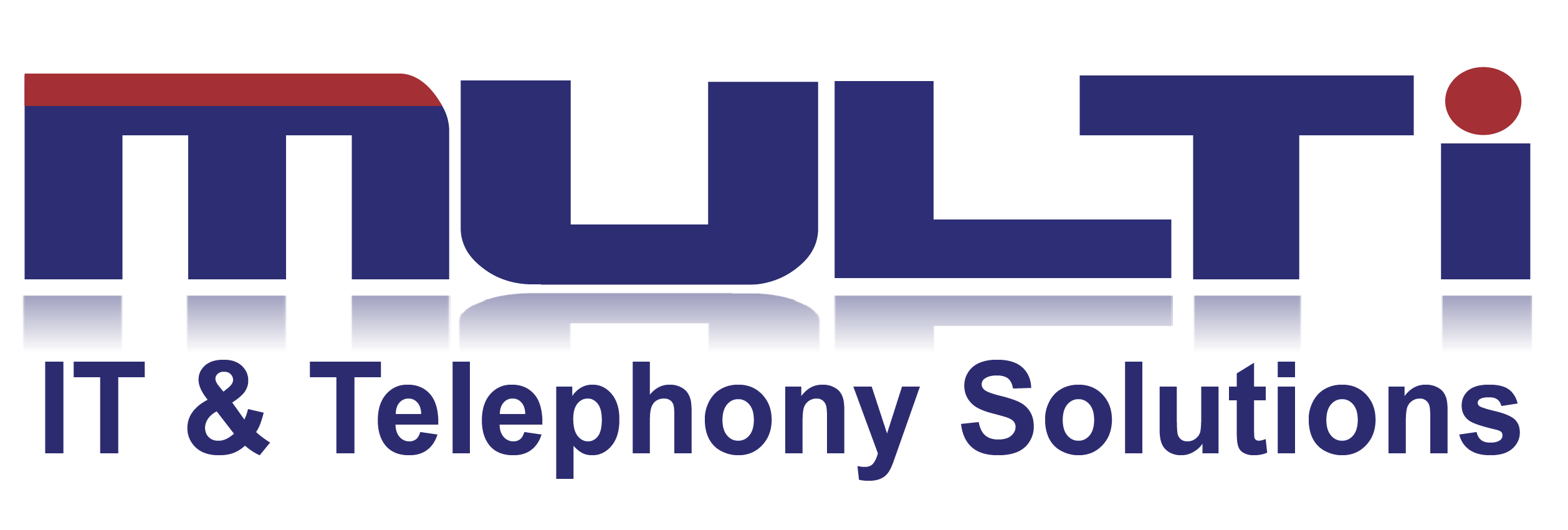Users get around 200 emails in their inbox a day, including work messages, automated payment slips, and everyone’s least favorite email, spam. Spam messages are mostly harmless, but when you get more than 10,000 of them flooding your inbox, you’re probably the victim of a special type of spam attack. Understanding DSD Distributed Spam Distraction (DSD) is designed to inundate …
Think before saving logins to your browser
There are a number of reasons you should be wary of saving your password to a digital platform. Just look at Yahoo’s data breach in 2013, which leaked passwords for three billion people. Even when your password isn’t compromised, saving it to a browser could have serious implications for your privacy. Why auto-fill passwords are so dangerous In 2015, the …
Google improves Chrome’s security settings
Most web browsers have built-in security measures to protect users, but some of those aren’t enough to ward off unwanted software. To improve Chrome’s security, Google rolled out some changes in its Chrome Cleanup tool for Windows. Here’s how the enhanced tool protects you. Detect hijacked settings Many users prefer to enhance their browsing experience by installing extensions or plug-ins, …
Hackers exploit vulnerable Office feature
As the world’s most popular productivity suite, Microsoft Office tends to receive much attention from cybercriminals. Generally, hackers embed malware in authentic Office files to trick users into unleashing it onto their machines. However, the most recent exploit proves to be much more dangerous than any Office hack we’ve seen. What’s the new Office threat? The Office exploit takes advantage …
KRACK hacks: What you need to know
You’ve heard of ransomware, denial-of-service attacks, and even phishing, but one hacking technique you may not have heard of is the KRACK exploit. This attack takes advantage of a vulnerability in WiFi networks, which puts any device with a wireless connection at risk. Here’s everything you need to know about KRACK. What is KRACK? Simply put, KRACK, short for ‘key …
Re-secure your passwords!
In 2003, a manager at the National Institute of Standards and Technology (NIST) authored a document on password best practices for businesses, federal agencies, and academic institutions. Now retired, the author admits that his document was misguided. Find out why and what great passwords are made of. The problem The issue isn’t necessarily that NIST advised people to create passwords …
Here comes Firefox Quantum
Google Chrome wasn’t always the browser of choice for internet users. Before 2008, people turned to Safari, Opera, and even Internet Explorer. But all of that changed with the arrival of Firefox, the reigning champ of its time. And now, we think it deserves your attention once again. What is it? Firefox Quantum, AKA Firefox 57, is Mozilla’s newest and …
Web browser cybersecurity, ranked
Cybersecurity didn’t become more important in light of the WannaCry ransomware epidemic, it just became more visible to the average internet user. If like so many others, you’re auditing the security of business’s software, web browsers are a great place to start. Learn more about how your browser choice stacks up in your security comparison. Microsoft Internet Explorer (IE)/Edge Despite …
The most advanced Gmail phishing scam yet
As the technology that recognizes and thwarts malware becomes more advanced, hackers are finding it much easier to trick overly trusting humans to do their dirty work for them. Known as phishing, a form of social engineering, it’s a dangerous trend that is becoming increasingly prevalent. Read on to educate yourself on how to avoid the most recent scam and …
Cloud Security is better than you think
Even to this day, the perception of cloud technology suffers from a reputation for bad cloud security. But as time goes on we’re beginning to see that cloud security is almost always better than that of local area networks. So whether you’re considering a cloud web server or internet-based productivity software, take a minute to learn why the cloud your …
The phishing craze that’s blindsiding users
Most phishing attacks involve hiding malicious hyperlinks hidden behind enticing ad images or false-front URLs. Whatever the strategy is, phishing almost always relies on users clicking a link before checking where it really leads. But even the most cautious users may get caught up in the most recent scam. Take a look at our advice for how to avoid the …
An essential checklist for WordPress users
Wake up. Take a shower. Get dressed. These are just some of the numerous tasks we do every single day. They may not be fun, but they are essential to our daily routine. Managing a WordPress website is very much the same. By going through the necessary steps, you can ensure the speed and security of your website. Also, it …












